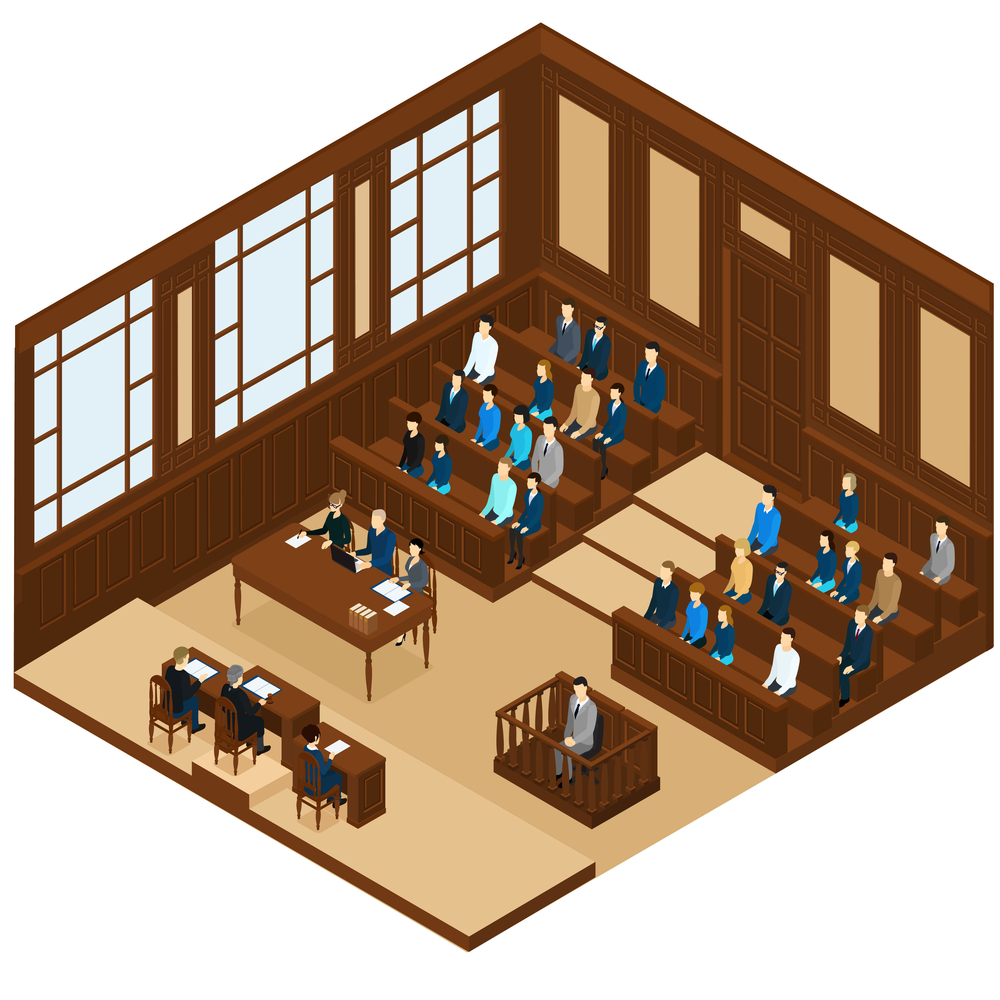
Different types of assault charges UK
There are three main types of assault offences set out in UK law. The type of offence that a person is charged with will determine the potential penalties that they could receive and the possible length of any custodial sentence.
The three types of offence are:
- Common Assault
- Actual bodily harm (ABH)
- Grievous bodily harm (GBH)
If someone is charged with an assault, the main determining factor in which specific offence you are charged with will be the harm caused to the victim with offences ranging in severity from verbal assaults to permanent physical harm.

Types of Assault charges Scotland
Common Assault
Common assault carries the shortest possible custodial sentence of all assault types, although with a potential 6-month prison sentence those charged with common assault should still take the charges extremely seriously and ensure that they have a good criminal lawyer by their side.
The minimum sentence for a common assault conviction a nominal fine usually in the region of 50% of a person’s average weekly wage. Unlike charges of ABH, common assault charges are summary only, meaning that they can be only be heard in the magistrates’ court and not the Crown Court.
Actual Bodily Harm (ABH)
ABH forms a middle ground between common assault and GBH where there are injuries sustained through the assault but they are not classed as serious injuries. The severity of injuries can be subjective and a review is sometimes required to determine if an assault should be classed as ABH or GBH. The prosecutor and police will usually make a decision whether to pursue ABH or GBH charges after taking advice from medical professionals and use legal guidelines as a basis for their decision.
For an injury to qualify as ABH they will interfere with either the health or personal comfort of the complainant. The injuries, either physical or psychological, do not need to be major but the impact that they have on health must be proven.
The potential sentences for an ABH conviction range from community service up to 3 years in prison and whilst cases can be heard at either a magistrates’ or Crown Court, more serious cases will almost always be heard at a crown court.
Grievous Bodily Harm (GBH)
Grievous bodily harm is the most serious type of assault that a person can be charged with in the UK. GBH can be intentional or committed “recklessly” where the injuries caused were not intentional but are severe nonetheless.
The injuries that are inflicted through GBH can be either physical, psychological, or biological with any offences that are committed using a weapon highly likely to be put in this class.
As the most serious type of assault that a person can be convicted of, the potential sentences for GBH are pretty severe, ranging from 3 years in prison to 16 years in prison. If it is judged that the injuries sustained were indeed caused intentionally the sentence is much more likely to be towards the higher end of this spectrum.
On the other hand if the injuries were sustained by a single blow and deemed to be reckless rather than intentional, there is a possibility that GBH cases could result in community service or a suspended custodial sentence.
What to do if you are charged with assault?

No matter when type of assault you have been charged with, it is essential that you find the right legal representation as soon as you can. All types of assault charges come with a range of different potential penalties and even if you are convicted, the right lawyer can help to keep any custodial sentence to a minimum. They may also be able to build a defence that sees your case downgraded to a lower level assault, or have the charges dismissed completely if they are based on untrue allegations.
When looking for a good criminal lawyer to take your case, make sure to do your research and find one with a track record of success representing those who have been charged with similar offences in the past. These experts will represent you at all stages of the assault sentencing process from initial questioning by the police to standing up in court.
You should also seek the services of a lawyer if you suspect that you might be accused of an offence in the near future based on recent events as this will leave you in the strongest possible position and avoid the panic of attempting to find a lawyer at short notice. This will only lead to bad decisions and ending up with a lawyer who is not best suited to represent you could result in pretty disastrous consequences.
For more information on what to look for in a great assault lawyer get in touch today.


